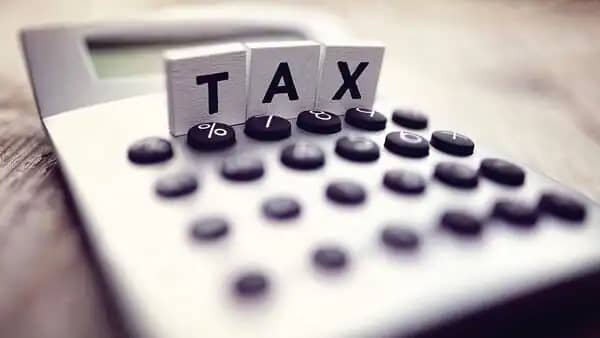A viral post circulating on social media platforms has claimed that Nigerians need to have a tax identity number (TIN) by January 2026 in order to access their accounts or carry out any business transactions.
The post has been shared and reposted via Instagram, Facebook, and other blogs.
“Last week, I was in a bank when Mama Ngozi, the same woman that sells tomatoes in Ajah Market, came to withdraw money,” the post reads.
“She wanted to buy bags of tomatoes for resale. But the cashier told her: ‘Madam, from January 1st, 2026, you can’t operate this account again if you don’t have your Tax Identification Number’.
“She looked confused. ‘Tax what? I don’t even own a company. I just sell tomatoes. That is exactly how millions of Nigerians will be stranded in 2026 if they don’t wake up.
“From January 1, 2026: No bank account without TIN (Tax Identification Number).No business operation without TIN.No access to financial services without TIN. Even your stock brokers will start requesting for TIN.
“Whether you are a market woman like Mama Ngozi, a student, a civil servant, a yahoo boy, a small business hustler, or even a foreigner living in Nigeria, if you don’t have a Tax ID, your financial life is locked.”
The message has triggered confusion online, with many Nigerians asking if banks will block accounts without a TIN from January 2026.
VERIFICATION
WHAT IS TIN?
A tax identification number is a 13-digit code issued by the Federal Inland Revenue Service (FIRS) and the Joint Tax Board (JTB) to uniquely identify taxable persons and entities in Nigeria.
For individuals, the TIN is linked to their National Identification Number (NIN). For businesses, it is tied to their Corporate Affairs Commission (CAC) registration number.
The requirement for taxable persons to obtain a TIN is not new — it was introduced by the finance act 2019, which amended the personal income tax act.
When an individual provides their NIN, such as during bank account opening or know your customer (KYC) processes, the system cross-checks the NIN against the national database.
As part of this verification, TIN is automatically retrieved and attached to the person’s records.
WHAT DOES THE LAW SAY?
According to the presidential fiscal policy and tax reforms committee, the Nigeria Tax Administration Act (NTAA) mandates taxable persons to obtain a tax identification number (tax ID) by January 2026.
The panel explained that the tax ID requirement applies to certain transactions and is not a new policy.
The tax reforms committee also explained that this applies only to people or businesses that earn taxable income.
“Banks and other financial institutions are required to request a Tax ID from taxable persons. Individuals who do not earn income and are not taxable persons are not required to obtain a Tax ID,” the committee clarified.
The committee added that existing tax identification number holders do not need to re-register.
“Without a Tax ID, a taxable person may not be able to operate bank accounts, insurance policies, pension accounts, or investment accounts. Sanctions also apply under the NTAA. However, individuals who are not taxable persons are not required to obtain a Tax ID.”
EXPERTS REASSURE NIGERIANS
Providing further clarification, John Nwokolo, a tax expert, said having an account does not translate to being taxed.
“It’s not that everybody with a bank account must be taxed. If you are not eligible to pay taxes now, you won’t be taxed. Linking your TIN to your account is simply about building a national database,” Nwokolo said.
“If you are not eligible to pay taxes now, it does not mean that in the future, you might not be eligible to pay taxes.”
Akpe Adoh, head of corporate communications of the Joint Tax Board, in a recent statement, also assured Nigerians that they will continue to have access to their bank account and also continue to carry out financial transactions even beyond January 1, 2026.
“The JTB (comprising the 36 states Internal Revenue Service, the FCT-IRS, and the FIRS) and the FIRS are collaborating on a harmonised National Tax Identification system,” Adoh said.
“This system will leverage the National Identification Number (NIN) for individuals and the Registration Number (RC) for businesses as unique identifiers for tax purposes.
“This initiative will enable the seamless and automatic generation of Tax IDS for individuals with NIN and businesses with RC, thereby making it easier for Nigerians to comply with tax requirements without any disruption to their banking and/or financial activities.
“We therefore urge the public to remain calm and ignore any claims to the contrary.
“Again, we restate for the avoidance of doubt that Nigerians will continue to have access to their bank accounts and carry out financial services beyond January 1, 2026, and no one will be denied access on account of not having a Tax ID.”
VERDICT
Nigerians will not be denied access to their bank accounts or transactions from January 2026 if they do not have a TIN. With your NIN, you are already tax-compliant.





